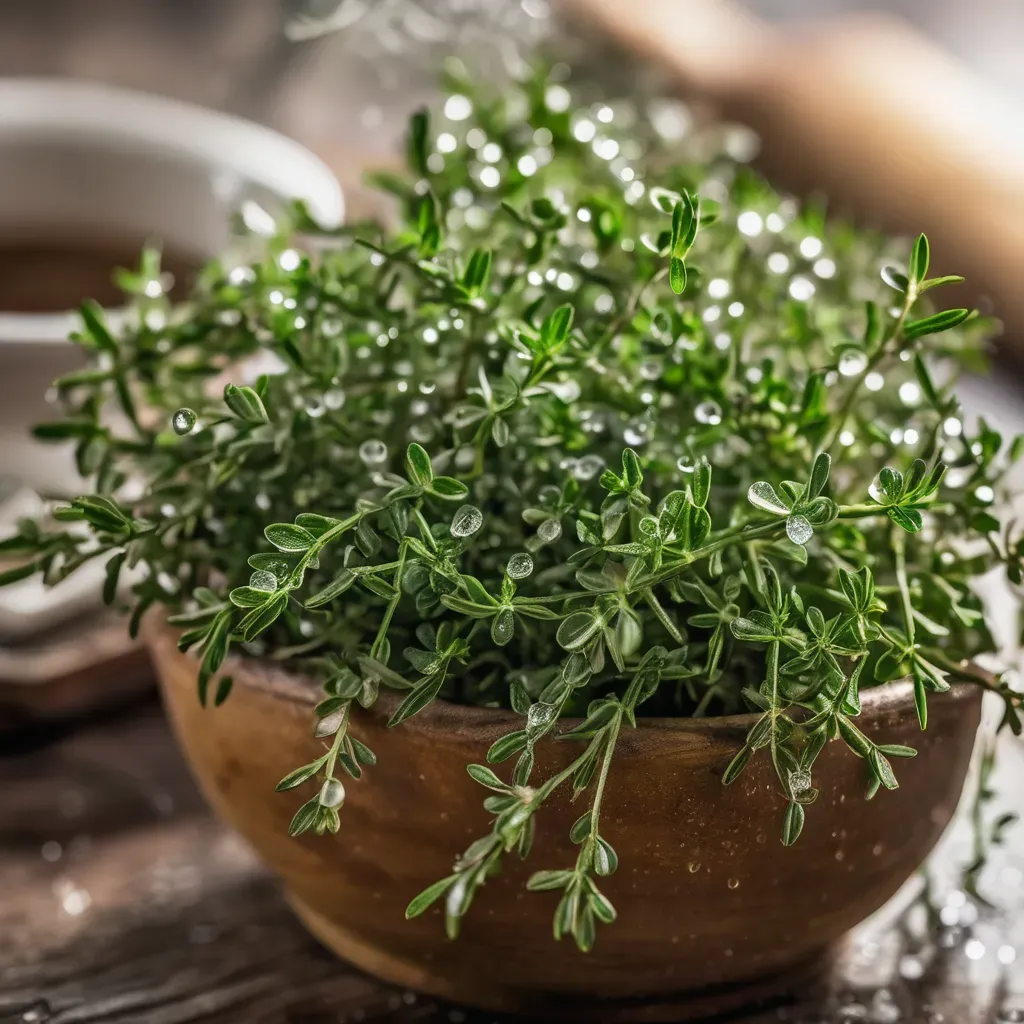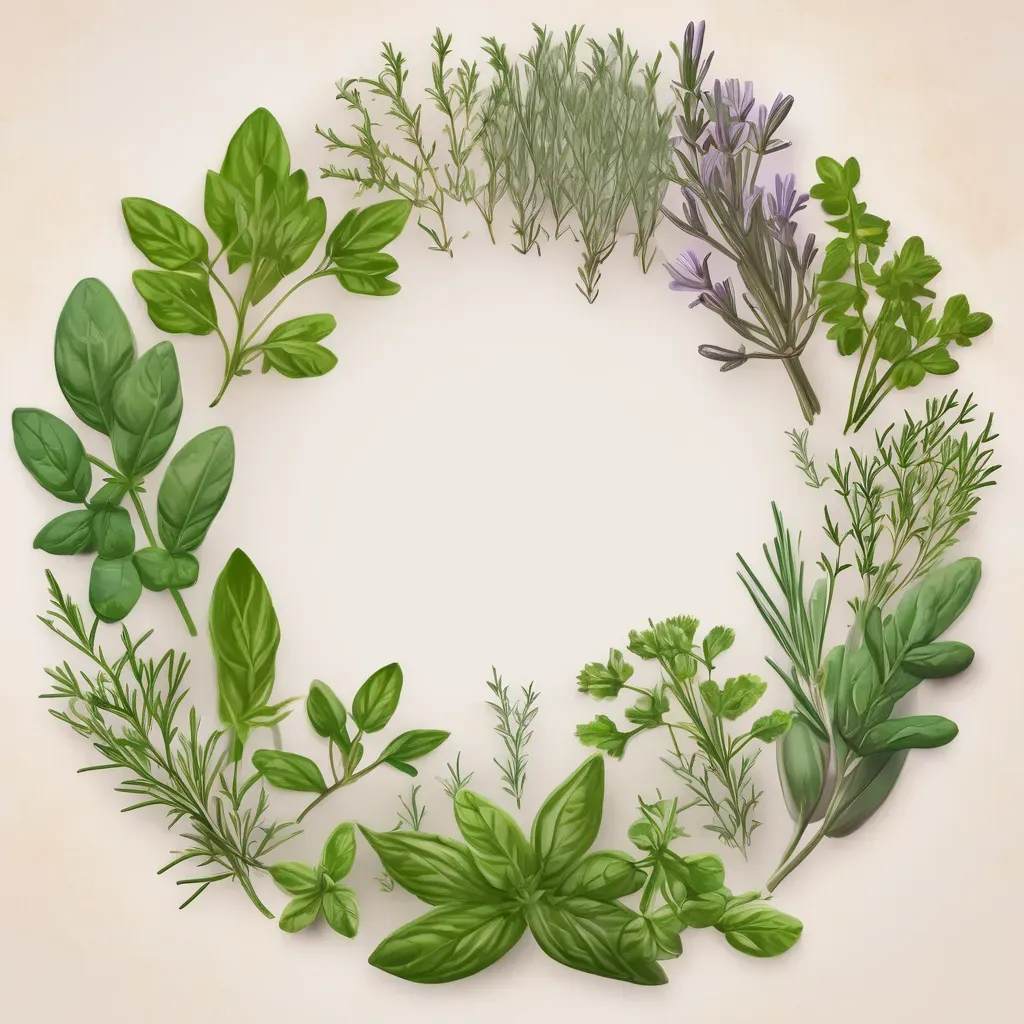Thyme and blood pressure are two concepts that may not seem related at first glance. However, numerous studies have suggested that this flavorful herb may play a beneficial role in managing blood pressure levels. Thyme, a member of the mint family, is rich in antioxidants and has been traditionally used for culinary and medicinal purposes.
The Role of Thyme in Managing Blood Pressure
Thyme (Thymus vulgaris) is not only a popular culinary herb but also a medicinal one in various cultures worldwide. Its potential impact on blood pressure management has garnered the attention of researchers, who have begun to explore the relationship between thyme consumption and hypertension.
-
Antioxidant Properties
Thyme is packed with vitamins A and C, manganese, and various antioxidants. These antioxidants play a crucial role in combating oxidative stress, which can contribute to high blood pressure by damaging blood vessels.
-
Anti-inflammatory Effects
Chronic inflammation is a known factor contributing to hypertension. Several studies have highlighted thyme’s anti-inflammatory properties, which might help reduce vascular inflammation and promote better blood flow.
| Compound | Role |
|---|---|
| Thymol | Active compound with antimicrobial effects and potential blood pressure lowering properties |
| Carvacrol | AnOther active component with anti-inflammatory benefits |
| Flavonoids | Antioxidants aiding overall cardiovascular health |
-
Potential Mechanisms of Action
Research shows that compounds in thyme, such as thymol and carvacrol, can influence the body’s chemistry by positively affecting the endothelial function, a vital factor in maintaining healthy blood pressure.
Consumption and Preparation of Thyme
One of the easiest ways to incorporate thyme into your diet is through cooking. Here are some common ways to consume thyme that could potentially benefit your blood pressure:
-
Thyme Tea
Brewing thyme leaves can yield a refreshing tea that may help with digestion and blood pressure. -
Culinary Use
Add fresh or dried thyme to soups, stews, and other dishes for flavor enhancement and potential health benefits. -
Thyme Oil
Thyme essential oil can be used cautiously in aromatherapy, but it should be diluted properly. Always consult a healthcare professional before use, especially if you are on medication.
| Serving Suggestion | Potential Benefits |
|---|---|
| 1 cup of thyme tea | May support digestion and lower stress levels |
| 2 teaspoons dried thyme in meals | Enhances flavor and offers antioxidants |
Reference Video
Research Insights
A systematic review published in the Journal of Hypertension found that various herbs could exhibit beneficial effects on hypertension. Among them, thyme is highlighted for its high antioxidant and anti-inflammatory activity.
Furthermore, a study in the American Journal of Clinical Nutrition reports that dietary patterns rich in herbs and spices, including thyme, are associated with a lower risk of hypertension.
Key Statistics
- 30% of adults globally suffer from hypertension, a leading cause of heart disease.
- Antioxidant-rich diets can reduce the risk of hypertension by up to 20%.

Potential Risks and Considerations
While thyme offers several benefits, it is essential to consider potential risks, particularly if you are pregnant or taking blood-thinning medication. Here are some considerations:
- Medication Interactions: Thyme could interact with blood pressure medications, increasing their effects.
- Allergies: Individuals with allergies to other members of the mint family should exercise caution.
Always consult your healthcare provider before making significant dietary changes, particularly regarding herbs and supplements.
FAQs
1. Can thyme be consumed daily?
Yes, thyme can be safely consumed daily in culinary dishes or as a tea, but moderation is key.
2. Is thyme safe for everyone?
Generally, thyme is safe for most people, but individuals on specific medications or with health conditions should consult their doctor.
3. How does thyme compare with other herbs for blood pressure?
Other herbs, like garlic and hibiscus, also display antihypertensive properties. Thyme can be a part of a diverse strategy for managing blood pressure.
4. Should I rely solely on thyme for lowering blood pressure?
No, thyme can be a beneficial part of a blood pressure management strategy, but lifestyle changes like diet, exercise, and medication adherence are crucial.

Conclusion
Thyme is more than just a flavorful addition to your meals. Its potential benefits for blood pressure management merit further exploration, and it can be easily included in various culinary applications. While thyme offers promise, it should be a part of a comprehensive approach to cardiovascular health, including balanced nutrition, physical activity, and regular check-ups to monitor blood pressure levels.
For further reading, visit Healthline on Herbs for Blood Pressure.
